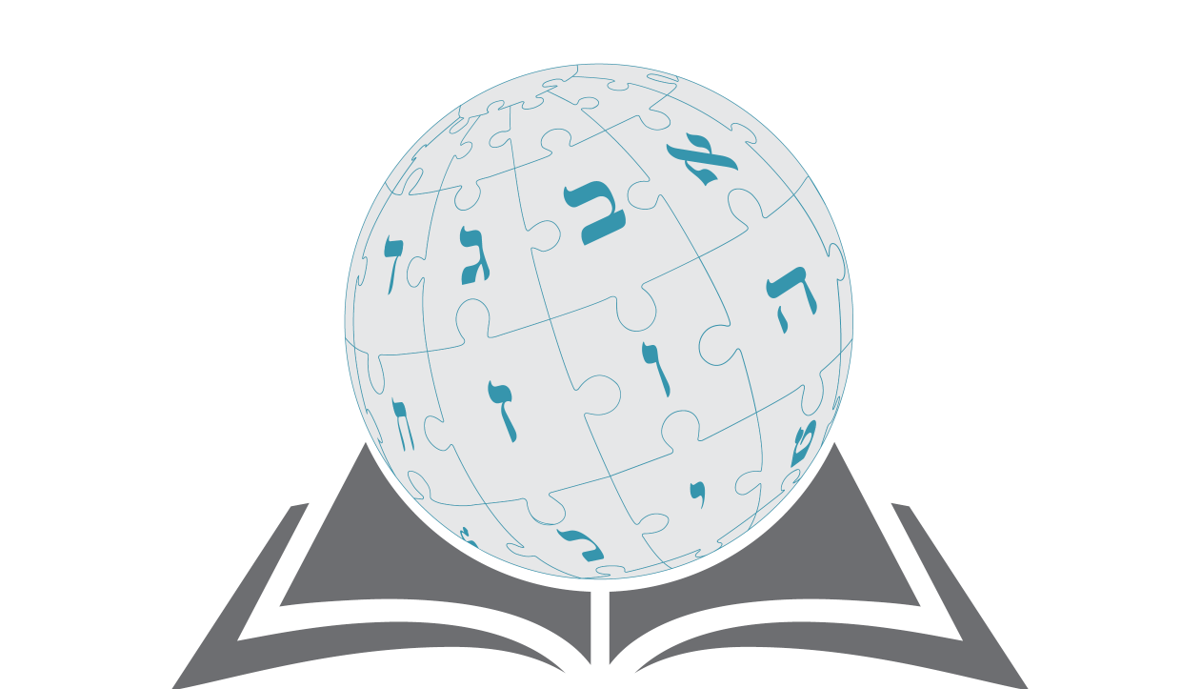בלאק פאוור
בלאק פאוור (באנגלית: Black Power) היא סיסמה פוליטית המעודדת הגדרה עצמית והעצמת אנשים שחורים.[1] הסיסמה משומשת בעיקר (אך לא רק) על ידי פעילים שחורים בארצות הברית.[2] תנועת הבלאק פאוור פעלה בארצות הברית מסוף שנות ה-60 עד לשנות ה-80 של המאה ה-20, והדגישה גאווה גזעית ויצירת מוסדות פוליטיים ותרבותיים שחורים כדי לטפח ולקדם את הקהילה השחורה בארצות הברית.[3]
הבסיס של הסיסמה הפוליטית הוא אידאולוגיות שונות שמטרתן להשיג הגדרה עצמית עבור אנשים שחורים בארצות הברית, על אף קיומם של גורמים חברתיים המונעים זאת.[4] במובנו הפוליטי המקורי, הסיסמה מבטאת מגוון של מטרות פוליטיות, מהגנה עצמית לוחמנית נגד דיכוי גזעני ועד להקמת מוסדות חברתיים וכלכלה עצמאית, לרבות חנויות ספרים, קואופרטיבים, חוות חקלאיות וכלי תקשורת בבעלותם של אנשים שחורים.[5][6][7][8] עם זאת, התנועה ספגה ביקורת על כך שהיא מתנכרת לתנועה האפרו-אמריקאית לזכויות האזרח המרכזית ותמיכתה בבדלנות שחורה.[9][10]
ראו גם
לקריאה נוספת
- Joseph, Peniel E. (2006). Waiting 'Til the Midnight Hour: A Narrative History of Black Power in America. Holt and Company. ISBN 9780805083354.
- Van DeBurg, William L. (1992). New Day in Babylon: The Black Power Movement and American Culture, 1965–1975. The University of Chicago Press. ISBN 0226847152.
- Breitman, George. In Defense of Black Power. International Socialist Review, January–February 1967. Transcription by Andrew Pollack for the Encyclopaedia of Trotskyism On-Line.
- Brown, Scot, Fighting for US: Maulana Karenga, the US Organization, and Black Cultural Nationalism, New York: New York University Press, 2003.
- Carmichael, Stokely/ Hamilton, Charles V., and Ture, Kwame: Black Power. The Politics of Liberation in America. New York: Vintage Books, 1967.
- Frazier, Nishani (2017). Harambee City: Congress of Racial Equality in Cleveland and the Rise of Black Power Populism. Arkansas University Press. ISBN 1682260186.
- Goldstein, Brian D., "'The Search for New Forms': Black Power and the Making of the Postmodern City," Journal of American History, vol. 102, no. 2 (Sept. 2016), pp. 375–399.
- Ogbar, Jeffrey O. G. Black Power: Radical Politics and African American Identity. Baltimore, MD: Johns Hopkins University Press, 2004.
- Salas, Mario Marcel. Patterns of Persistence: Paternal Colonialist Structures and the Radical Opposition in the African American Community in San Antonio, 1937–2001. Masters' thesis. University of Texas at San Antonio.
קישורים חיצוניים
הערות שוליים
- ↑ Scott, James. Wilson. (1976). The black revolts: racial stratification in the U.S.A. : the politics of estate, caste, and class in the American society. Cambridge, Mass: Schenkman Pub.
- ↑ Ogbar, J. O. G. (2005). Black Power: radical politics and African American identity. Reconfiguring American political history. Baltimore, Maryland: Johns Hopkins University Press, p. 2.
- ↑ Appiah, Anthony and Henry Louis Gates Jr. (1999). Africana: The Encyclopedia of the African and African American Experience. New York: Basic Civitas Books, p. 262. מסת"ב 9780195170559
- ↑ "Veterans of the Civil Rights Movement – The Basis of Black Power". www.crmvet.org. ארכיון מ-2019-05-25. נבדק ב-2019-06-05.
- ↑ Davis, Joshua Clark (28 בינואר 2017). "Black-Owned Bookstores: Anchors of the Black Power Movement – AAIHS". www.aaihs.org (באנגלית אמריקאית). ארכיון מ-2019-04-27. נבדק ב-2017-03-11.
{{cite web}}: (עזרה) - ↑ Konadu, Kwasi (2009). A View from the East: Black Cultural Nationalism and Education in New York City (באנגלית). Syracuse University Press. ISBN 9780815651017. ארכיון מ-2022-10-30. נבדק ב-2022-10-30.
- ↑ Klehr, Harvey (1988-01-01). Far Left of Center: The American Radical Left Today (באנגלית). Transaction Publishers. ISBN 9781412823432. ארכיון מ-2022-10-30. נבדק ב-2022-10-30.
- ↑ "Black Power TV | Duke University Press". www.dukeupress.edu (באנגלית). ארכיון מ-2019-12-19. נבדק ב-2017-03-11.
- ↑ Ogbar, Jeffrey O.G. (2005). Black Power: Radical Politics and African American Identity. pp. 64.
- ↑ Hall, Simon (2020). "The NAACP, Black Power, and the African American Freedom Struggle, 1966–1969". The Historian. 69 (1): 49–82. doi:10.1111/j.1540-6563.2007.00174.x.
בלאק פאוור34982223Q880483


